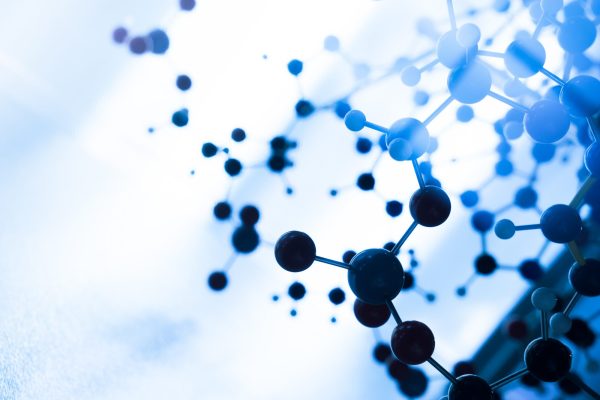
Curcumin is a natural polyphenol that exhibits a variety of beneficial effects on health,
including anti-inflammatory, antioxidant, and hepato-protective properties. Due to its poor water solubility and membrane permeability, in the present study, we prepared and characterized a
water-stable, freely dispersible nanoformulation of curcumin. Although the potential of curcumin
nanoformulations in the hepatic field has been studied, there are no investigations on their effect
in fibrotic pathological conditions involving cholangiocytes. Exploiting an in vitro model of transforming growth factor-β (TGF-β)-stimulated cholangiocytes, we applied the Sequential Window
Acquisition of All Theoretical Mass Spectra (SWATH-MS)-based quantitative proteomic approaches
to study the proteome modulation induced by curcumin nanoformulation. Our results confirmed
the well-documented anti-inflammatory properties of this nutraceutic, highlighting the induction
of programmed cell death as a mechanism to counteract the cellular damages induced by TGFβ. Moreover, curcumin nanoformulation positively influenced the expression of several proteins
involved in TGF-β-mediated fibrosis. Given the crucial importance of deregulated cholangiocyte
functions during cholangiopathies, our results provide the basis for a better understanding of the
mechanisms associated with this pathology and could represent a rationale for the development of
more targeted therapies.
Proteomic Modulation in TGF-β-Treated Cholangiocytes Induced by Curcumin Nanoparticles
Elisa Ceccherini 1,* , Giovanni Signore 1,2 , Lorena Tedeschi 1, Federico Vozzi , Nicoletta Di Giorgi , Elena Michelucci 1,3 , Antonella Cecchettini 1,4,† and Silvia Rocchiccioli 1,







